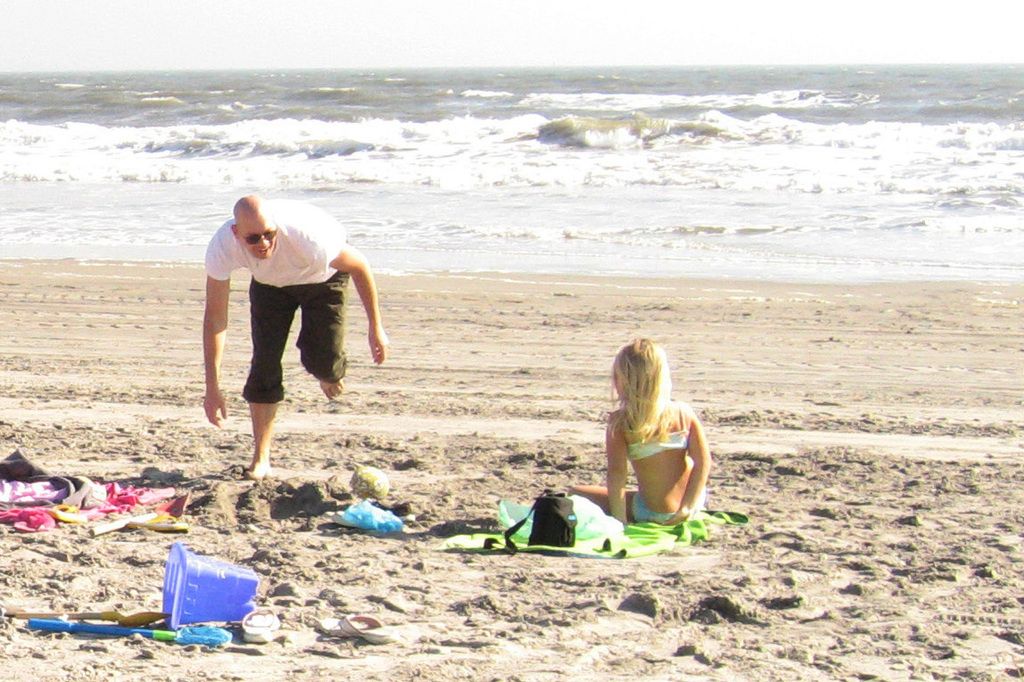Argument for Minimizing Food Waste
Changing the Game: Let's Get Real About Food Waste
You might think cutting food waste is a piece of cake, right? But maybe not as simple as it seems. As our cities face the challenges of the future, reducing food waste is an essential key to a more sustainable urban landscape. Let's dig a little deeper into this important topic.
2019 saw a whopping 931 million tonnes of food going to waste worldwide – that's enough to circle the Earth 7 times in 40-tonne transport trucks! And that's only the tip of the iceberg – food loss in the supply chain before it reaches retail accounts for a staggering 14% of the world's entire food supply.
That much waste not only impacts our planet, with the carbon footprint of unconsumed food accounting for 8-10% of greenhouse gas emissions – equivalent to all global transport emissions – but it also hits our wallets, with an estimated $400 billion lost annually due to inefficiencies in harvesting and storage.
And let's not forget the human toll – with over 733 million people suffering from hunger in 2023, despite the astronomical amounts of edible food thrown away.
The Big Question: How Do We Fix It?
No magic wand can erase all food waste overnight. Change requires united action at the individual, national, and global levels. But guess who's at the forefront of this fight for a better future? You guessed it – cities!
So, where do we start?
City STEP-UP: Stepping up to the Plate
To swim in the waters of food waste, we first need to understand what we're dealing with. Although more data is needed to create a complete picture of the food waste landscape worldwide, cities can lead the charge by doing their own research.
The C40 Knowledge Hub offers a set of resources, including its Food Loss and Waste Accounting and Reporting Standard, designed to help cities measure and characterize food waste.
The Power of Knowledge: Enlighten, Don't Just Preach
A solid understanding of the issue is a great start, but real change starts with educating the masses. Effective campaigns that raise awareness and provide tools for consumers to reduce their waste are out there – and many of the same messages are just as relevant today as they were more than a century ago.
Organizations like Love Food Hate Waste in the UK offer practical resources for those wanting to reduce their impact, including recipes for using leftovers, portion planners, and tips for preserving fresh food for longer.
But education is only the beginning. Changing the way we think about food waste demands a cultural shift, affecting everything from the way we shop and consume food to the plates and dishes we eat it on.
Making It Easy as Pie: Infrastructure for the Win
This cultural shift isn't just on the shoulders of individual citizens. Well-designed public infrastructure, such as kerbside collection for food waste or donation centers, can help turn good intentions into action.
Take the corporate world, for example. Not everyone plays by the rules, with allegations of greenwashing in the food industry being common. Nevertheless, the business case for reducing food waste is clear.
City governments can use a variety of measures to encourage better practices at the retail and market ends of the supply chain. Price-based measures such as subsidies, incentives, and taxes can foster responsible business practices, while city-led initiatives and procurement reform can serve as models for corporations to follow.
Closing the Loop: Circularity, Baby!
It's time to move past viewing food waste as waste and start seeing it as a resource. By rethinking our approach to waste, cities can create circular food economies where waste is transformed into valuable resources – such as biogas through anaerobic digestion or nutrient-rich soil amendments through composting.
So, saddle up, folks. Waste not, want not – it's time to change the way we think about food waste and build a more sustainable food system for the cities we call home. With the right strategies in place, we'll soon see a food system that's closed-loop, efficient, and just as delicious as ever. Let's get to it!
The Takeaway: Know Your Onions
Becoming a food waste warrior is no small feat, but cities are uniquely positioned to lead the charge.
- Know thy waste: To understand and tackle food waste, cities must gather better data on its nature, forms, and regional differences, particularly in lower- and middle-income countries.
- Educate, don't preach: Raise awareness through campaigns and workshops, providing consumers with the tools they need to reduce waste efficiently.
- Infrastructure for change: Make it easy for citizens to reduce waste by investing in actions like kerbside collection and donation centers.
- Getting businesses in the game: Employ price-based measures, such as subsidies and taxes, to encourage responsible practices at the retail and market ends of the supply chain.
- Waste as a resource: Look into innovations like anaerobic digestion and composting to turn food waste into valuable resources.
By embracing these strategies, cities can create a more sustainable food system, contribute to environmental sustainability, and feed a growing population. Let's do this, guys! After all, time is of the essence.
- In the pursuit of a more sustainable urban environment, reducing food waste is a critical component of environmental-science education and personal-growth, as our cities face the challenges of climate-change.
- To equip citizens with the knowledge and tools needed for effective action, cities should focus on education and self-development initiatives, such as organizing workshops, employing effective awareness-raising campaigns, and providing practical resources for efficient waste reduction, like programs offered by Love Food Hate Waste in the UK.








